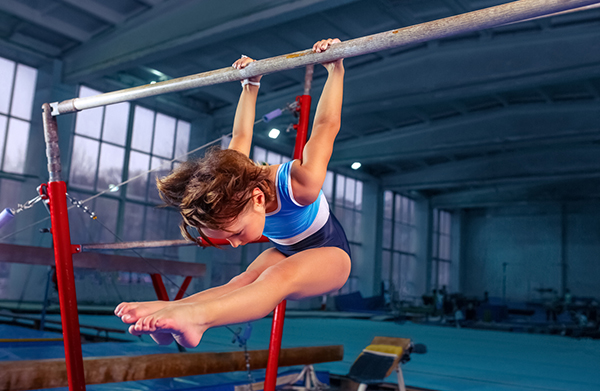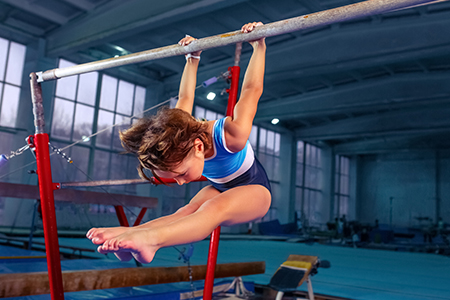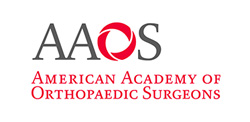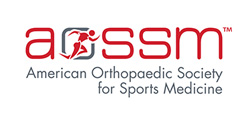
Whether it’s the dream of college scholarships, professional sports careers, or even Olympic gold, early sports specialization (ESS) is becoming more common as parents push their children to focus on a single sport from a young age. While some elite athletes benefit from this approach, it can lead to physical, emotional, and social challenges for many others. Here’s why a balanced, multi-sport approach leads to healthier long-term success.
What is Early Sports Specialization?
Early sports specialization is the practice of year-round training in one sport, often starting before the age of 12. It involves devoting more than eight months each year to a single sport, typically at the exclusion of other sports or physical activities. This trend, driven by the belief in the "10,000-hour rule"1 for achieving mastery, has gained traction in both individual sports like gymnastics and tennis and increasingly in team sports like soccer and baseball.
The Risks of Early Sports Specialization
The push to specialize in a single sport from an early age can have great benefits, but can also have negative consequences, including:
Injury Risk: A study showed that children who specialize in one sport early are more than twice as likely to suffer overuse injuries compared to those who participate in multiple sports.2 The intense repetitive movements required in specific sports place stress on their developing bodies, often leading to serious injuries that require surgery.
Burnout and Early Dropout: Children who specialize early may lose their passion for the sport due to constant pressure from coaches, parents, or the fear of not meeting expectations. This can lead to burnout and, eventually, early retirement from the sport altogether.
Stunted Motor Development: Focusing on one sport prevents children from developing a wide range of motor skills. Participating in multiple sports, on the other hand, enhances overall athletic ability and improves long-term success, helping kids become more versatile athletes.
The Importance of Balance in Youth Sports
Engaging in various sports during youth not only prevents injuries but can also foster better physical and mental development. A more balanced approach allows children to develop general motor skills, have fun, and explore their interests without the intense pressure of early specialization. Research shows that many top athletes, particularly in team sports, specialized later in their careers and benefitted from playing multiple sports during their youth.3
Recommendations to avoid injuries from Early Sports Specialization
- Encourage Diversification: Promote participation in multiple sports to foster motor skill development and reduce injury risk.
- Integrative Neuromuscular Training: Incorporate training that blends general and sport-specific conditioning to enhance musculoskeletal health, fitness, and coordination.
- Training Guidelines: Prevent overuse injuries by limiting organized sports hours to an athlete’s age per week. Examples include pitch count limits in baseball and tournament restrictions in tennis.
- Emphasize Fun: Prioritize enjoyment to maintain motivation and long-term participation, leading to greater success.
While early sports specialization seems like a fast track to success, the risks of physical injury, mental burnout, and lost opportunities for well-rounded development far outweigh the benefits. A balanced approach to youth sports—one that allows children to participate in multiple activities—may lead to healthier, happier, and more successful athletes in the long run.
If you're concerned about your child’s athletic development or the risks of early sports specialization, a consultation with a sports medicine specialist can help. Dr. DiGiulio and his team at Performance Orthopaedics and Sports Medicine can guide you in creating a balanced training plan to promote long-term success and prevent injury.
AUTHOR: Milan M. DiGiulio, M.D. offers comprehensive orthopedic care for you and your entire family, specializing in Sports Medicine and arthroscopic surgery of the shoulder and knee. Dr. DiGiulio performs over 200 arthroscopic shoulder and knee surgeries each year, using the most advanced surgical technology. Dr. DiGiulio is an advocate of non-invasive, non-surgical treatment options such as Physical Therapy and Orthobiologics.
Reference:
1.https://www.ncbi.nlm.nih.gov/pmc/articles/PMC4662388/
3.https://journals.sagepub.com/doi/pdf/10.1177/23259671221129594







